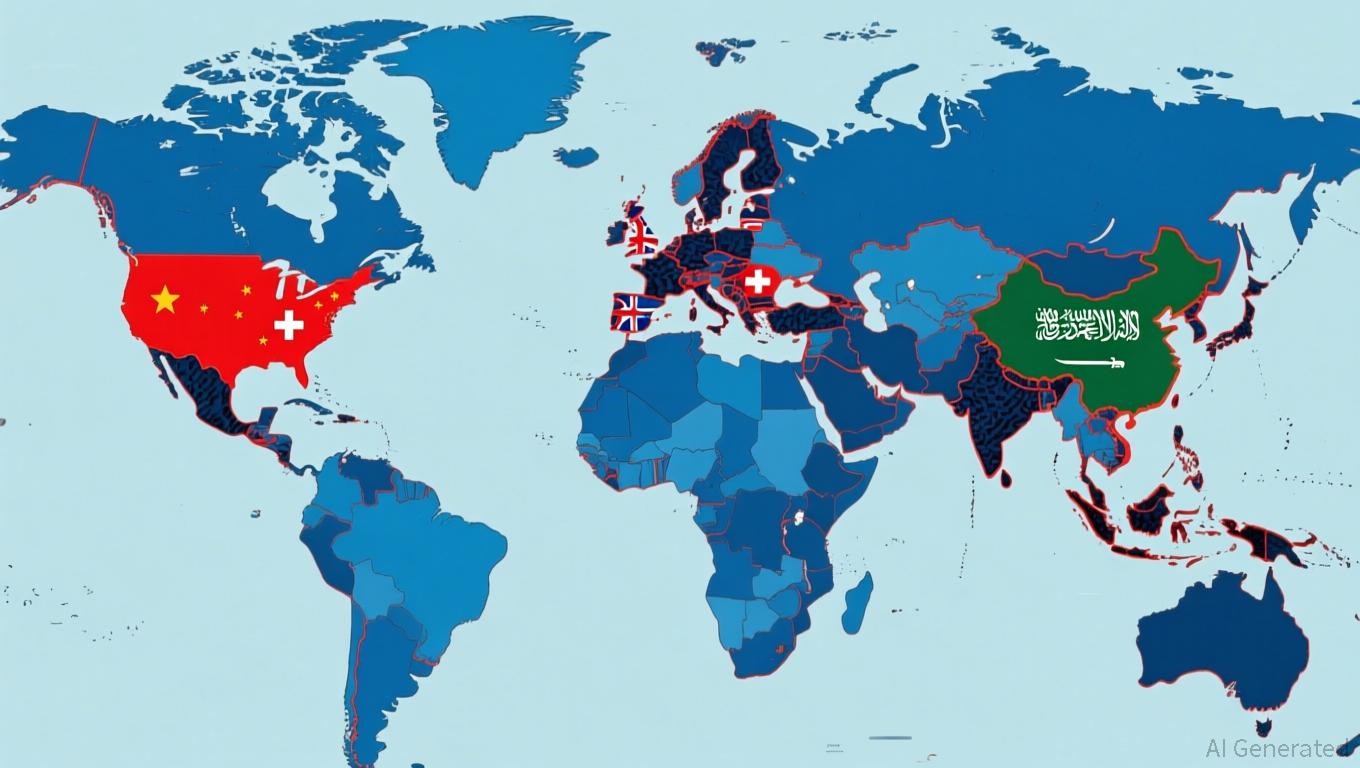Thailand Orders Sam Altman’s Worldcoin to Destroy 1.2 Million Iris Scans
The digital identity project World, co-founded by Sam Altman, suffers a major setback in Southeast Asia. Thai authorities demand the immediate deletion of biometric data from over a million users. A decision that rekindles the debate on privacy protection in the age of artificial intelligence.

In Brief
- Thai authorities demand the immediate deletion of 1.2 million iris scans collected by World.
- The company must suspend all its activities in the country for alleged violation of the data protection law.
- World contests these accusations while complying with the requirements, claiming to rigorously respect local legislation.
- The WLD token lost 6% in one week and has dropped 70% over the year.
Worldcoin Forced to Delete Its Biometric Data in Thailand
The National Economic and Social Development Council of Thailand struck hard this Monday. The body, a true strategic planning arm of the kingdom, ordered World to immediately cease its operations.
The reason cited? A blatant violation of the local law on personal data protection. World’s system is based on a simple principle: scanning users’ irises in exchange for WLD tokens .
A mechanism that attracted 1.2 million Thais, but now poses a major legal problem.
The regulators’ offensive is not new. Last October, a police raid targeted one of World’s scanning centers in Bangkok. At that time, suspicions concerned possible violations of the digital asset legislation.
This time, it is the Ministry of Digital Economy and Society that steps up with an uncompromising directive: destroy all collected biometric data.
World Thailand, operated locally by TIDC Worldverse, announced on Sunday on X the suspension of its verifications. However, the company maintains its defense line.
This decision comes despite our compliance with local laws and regulations, the company said. A stance that reveals the wide gap between the company’s legal interpretation and that of Thai authorities.
The platform insists on the negative impact for millions of users who relied on this technology to protect against fraud and identity theft.
A Growing Global Controversy
The Thai case is just the tip of the iceberg. Since its launch in July 2023 under the name Worldcoin, the project has accumulated regulatory troubles. Indonesia launched an investigation last May for suspicious activities.
Germany , Kenya and Brazil have also raised alarms regarding the security of biometric data. This growing distrust reflects a global concern: how to guarantee the confidentiality of information as sensitive as iris fingerprint data?
World strives to reassure by claiming it never stores the scans on the Orb, the capture device. According to the company, only a unique anonymized code is generated.
World does not use centralized biometric infrastructure, the company emphasized last May. An argument that struggles to convince regulators, who seem unimpressed by technical anonymization promises.
The market punishes this accumulation of turbulence. The WLD token currently trades at $0.71, down 6% over seven days. Even more revealing: a 70% plunge recorded over the past year. These figures reflect investor concern in the face of a business model constantly challenged by authorities.
The Thai suspension could mark a turning point for World. Sam Altman, already under pressure with OpenAI , does he really have the resources to wage a global regulatory battle over biometric data? Thailand will probably not be the last country to close its doors. Between technological innovation and respect for privacy, World will have to decide – or risk disappearing amidst growing global distrust.
Disclaimer: The content of this article solely reflects the author's opinion and does not represent the platform in any capacity. This article is not intended to serve as a reference for making investment decisions.
You may also like
Switzerland Delays Crypto Information Exchange Pending International Coordination
- Switzerland delays crypto tax data sharing with foreign nations until 2027, citing unresolved CARF partner agreements. - The OECD's 2022 framework requires member states to exchange crypto account details, but 75 countries including the EU and UK face implementation challenges. - Transitional measures ease compliance burdens for Swiss crypto firms while awaiting finalized international data-sharing protocols. - Major economies like the U.S., China, and Saudi Arabia remain outside CARF due to non-complian

Bitcoin Updates: SGX Addresses Offshore Perp Shortfall as Bitcoin Decline Increases Demand for Hedging
- SGX launched Bitcoin and Ethereum perpetual futures, becoming a first-mover in regulated onshore crypto derivatives to meet institutional demand. - The $187B/year perp market, dominated by Asia, now gains a regulated alternative to offshore platforms with SGX's 22.5-hour trading window. - Perps enable hedging during Bitcoin's 2025 downturn, with SGX's margin-call system prioritizing investor protection over instant liquidations. - Regulatory caution limits access to accredited investors, aligning with gl

Bitcoin News Update: Institutional ETF Adjustments Challenge Key Bitcoin Support Thresholds
- Analysts warn Bitcoin faces 25% drop risk if key support levels fail amid shifting institutional ETF dynamics. - Texas's $5M IBIT purchase highlights growing government interest, but ETFs fall short of direct BTC ownership criteria. - Technical analysis shows Bitcoin trapped in a broadening wedge pattern, with breakdown below $80,000 risking $53k decline. - Institutional rebalancing sees $66M IBIT outflows vs. $171M FBTC inflows, signaling tactical ETF rotation over accumulation. - Abu Dhabi's $238M ETF

XRP News Today: IMF Cautions That Rapid Tokenized Markets Could Intensify Crashes in the Absence of Regulation
- IMF warned tokenized markets like XRP could worsen flash crashes without regulation, citing risks from decentralized systems lacking traditional safeguards. - Report acknowledged tokenization's potential to cut cross-border payment costs but highlighted volatility risks from rapid liquidity loss seen in crypto markets. - SEC's approval of crypto ETFs signals growing institutional acceptance, though regulators emphasize oversight frameworks to mitigate systemic risks. - IMF proposed a global digital marke

